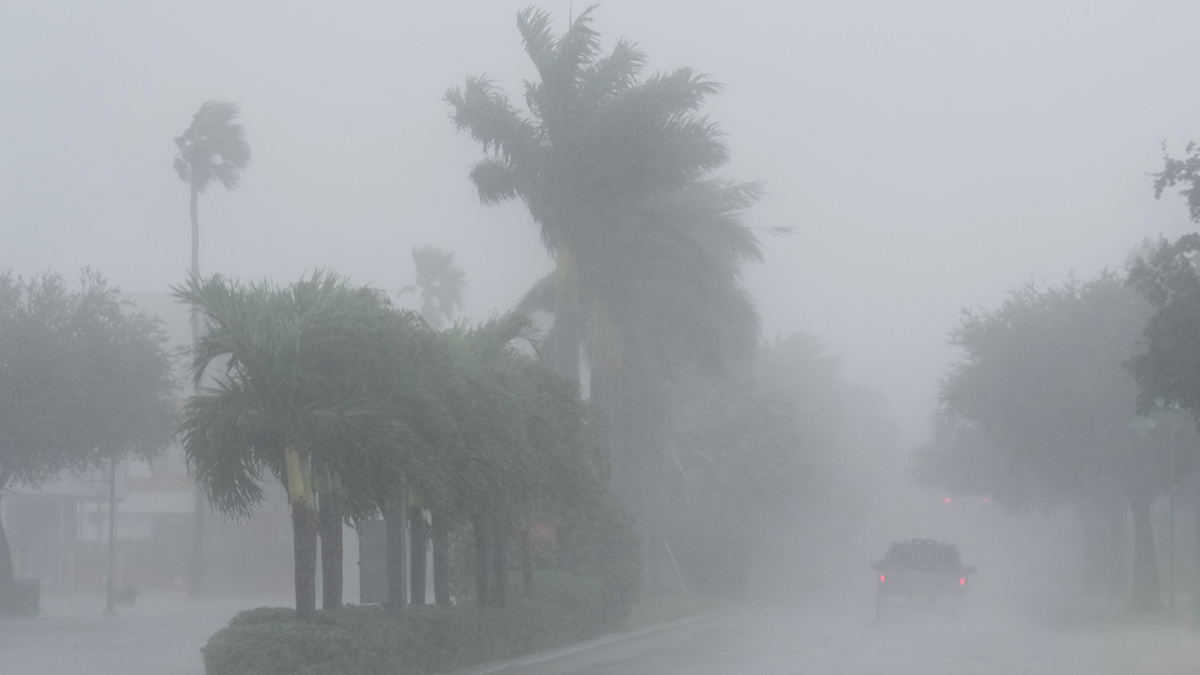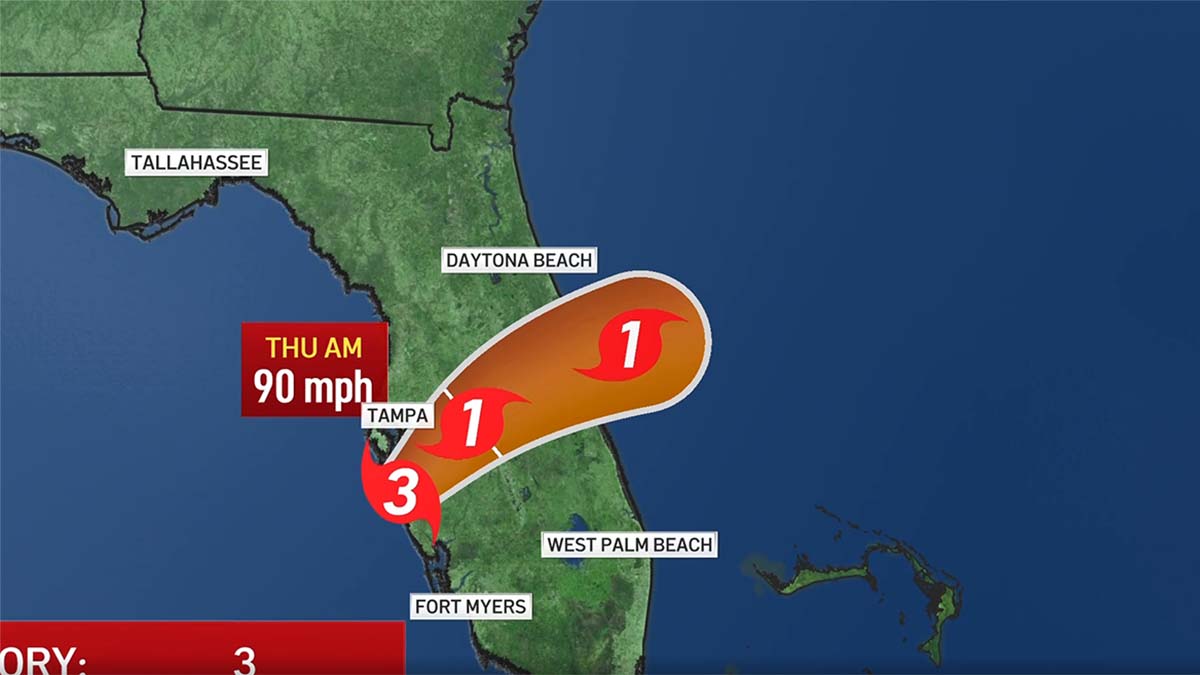Hurricanes Helene and Milton could have a major impact on hospitals and fire departments across the country as the nation’s two biggest suppliers of IV fluids have been shut down.
IV bags with fluids like saline solution are standard equipment at hospitals and nursing homes and for paramedics and EMTs.
“The use of IV fluids is used for treatment of patients that are dehydrated, have low blood pressure, hypotension, maybe suffering from infection, septic shock that is causing low blood pressure. Used for people that are suffering from crush injury,” D.C. Fire and EMS interim Medical Director Dr. David Vitberg. “So in short, the use of IV fluids to enhance circulation in the body is found throughout many of our treatment protocols both in the pre-hospital realm and the hospital realm.”
Now, hospitals and first responders are bracing for shortages of the life-saving fluids.
We've got the news you need to know to start your day. Sign up for the First & 4Most morning newsletter — delivered to your inbox daily. Sign up here.
The massive flooding Helene caused near Asheville, North Carolina, forced the closure of Baxter International’s main facility, which produces more than half of the nation’s IV fluids. With Milton on its way to Florida, B. Braun, which produces about 20% of the nation’s supply, has shut down its facility in Daytona Beach until the storm passes.
As a result, hospitals around the country are being advised to conserve their use of the fluids.
D.C. Deputy Mayor for Health and Human Services Wayne Turnage said for right now, there’s enough IV fluid in stock locally.
“There's no reason to be concerned because hospitals have not announced that they're gonna postpone elective surgeries,” he said. “That would be the biggest impact on the public, if hospitals concluded that they didn't have enough supply to perform elective surgeries.”
However, Turnage added, if the supply chain isn’t quickly restored, it will be a problem and a strain on the federal stockpile.
“Given the disaster in the South because of the hurricanes that even if the federal government declared emergency, it is unlikely that their stockpile would be sufficient to supply the entire country,” he said.
Vitberg instructed paramedics and EMTs to limit the use of IV fluids when possible.
“We've sent out a special order to the entire department asking that the administration and use of IV fluids be limited to those patients that are most likely to derive clinical benefit during the pre-hospital realm of care,” he said. “So, those specifically with shock, very high heart rates, severely dehydrated, and that those that don't meet those criteria get assessed at a hospital.”
Braun hopes to reopen its Daytona Beach facility by Friday, after the storm passes, but in North Carolina, Baxter does not expect to be fully operational until the end of the year.
MedStar Health said it is working on alternative sources for its IV saline supply and is actively conserving saline products. It added that there has not yet been a disruption in patient services.
News4 sends breaking news stories by email. Go here to sign up to get breaking news alerts in your inbox.




